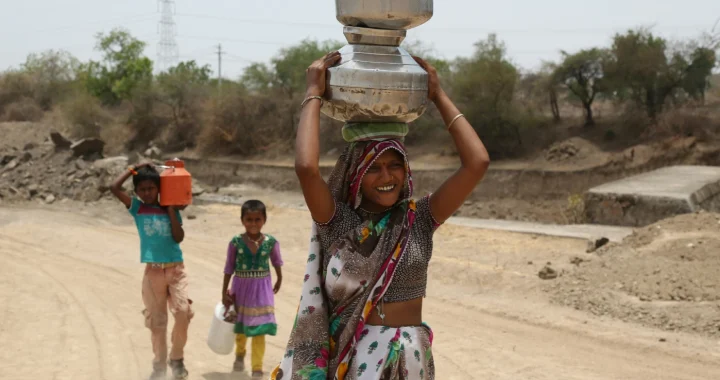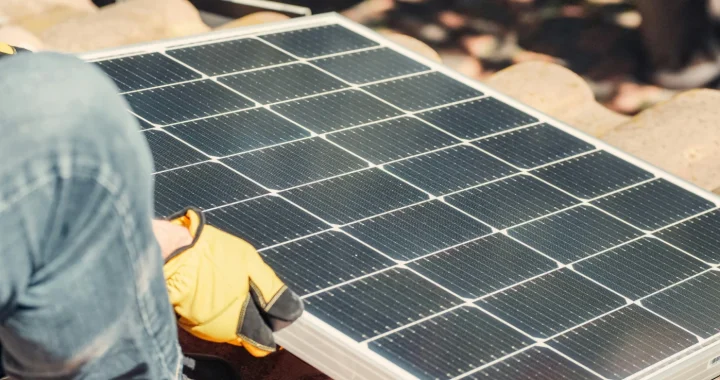Introducing Greenwashing and How to Spot It

Illustration: Irhan Prabasukma.
The world continues to change, and even when the changes are for the better, new challenges arise. As climate change gets worse, we are scrambling for ways to help save the planet. More and more, we see products, services, programs, and lifestyles labeled with “sustainable” and other sustainability-related terms. Unfortunately, this trend brings forth greenwashing.
What is greenwashing, and why is it bad?
Recent market research found that people are willing to pay more for products and services that are more sustainable than others. With the general public’s climate change awareness at an all-time high, businesses and governments are starting to respond. They start competing, claiming their products, services, and programs are “green” and “eco-friendly”. However, 40% of these claims are baseless. This is what we call greenwashing.
Greenwashing is a marketing or communication strategy to make something appear more sustainable than it actually is. The “green” part of “greenwashing” is primarily about the environment. However, sustainability isn’t just about the environment; it has other aspects, such as social and economic. So, false claims about social responsibility— sometimes called bluewashing—also count.
In short, greenwashing is a form of lying that harms the planet and its people. This practice bears negative impacts on our collective efforts toward sustainability. When consumers feel deceived, they become more skeptical and distrustful of sustainability campaigns and solutions, including legitimate ones. Worse, greenwashing can act as a mask for perpetrators as they continue their harmful business-as-usual practices behind it.
What does greenwashing look like?
There are several signs to watch out for so we can recognize greenwashing. Here are some of the most common examples of greenwashing practices:
- First Impressions – the use of nature imagery, literal green packaging, or sustainability buzzwords such as “natural”, “eco-friendly”, and “green”. In greenwashing practices, these claims have no proof or supporting evidence. They might even use generic leafy, earth-shaped logos that indicate sustainability without real meaning behind them.
- Smoke and Mirrors – the grand promotion of a sustainable practice, product, or initiative to obscure the harmful activities making up most of their practices. For example, companies using recyclable packaging yet dumping their toxic waste in the river; environmentally friendly practices at companies that underpay their workers; and highly promoting one “sustainable” product while the rest of them are harmful with no intention of changing.
- Impostors Among Us – the use of weak, biased, or not science-based ‘proof’ and certifications to back their sustainability claims. Official-looking labels and certificates aren’t always legitimate. Sometimes, companies and organizations even cheat or pay their way into credentials.
- Buy Buy Buy – the promotion of sustainable options that encourage consumption. We often forget that the first step of sustainable production and consumption is to reduce. So, be wary of lifestyle advice, programs, or products that encourage consumers to keep buying more and more, even when they’re the more sustainable options.
- Handwashing – the placing of responsibility mainly on individual consumers and citizens. While we all feel the impacts of climate change, we are not all equally responsible for causing it. Therefore, our actions and decisions carry different weights in saving the planet and its people. For instance, people using plastic bags at traditional markets and multinational companies generating harmful waste worldwide have differently scaled impacts on the environment. After all, sustainable lifestyle can only be mainstream when properly supported by the systems.
What can be done?
Systemic foundations are needed to address greenwashing. There are already several certifications related to sustainability for various sectors. However, the share of the burden belongs to governments to create robust laws and regulations to tackle greenwashing at the industry level.
For businesses, transparency and accountability should be the bare minimum requirement. Sustainability reporting, BHR+E disclosures, and similar frameworks allow all stakeholders—including consumers—to make informed decisions. Publishing these reports is not yet mandatory everywhere, but governments may decide to require them of companies. In fact, more and more governments are doing just that.
Finally, the simplest step to address greenwashing is raising awareness. Most people want to be more sustainable but don’t know how to do it right. Public education, campaigns, and even something as easy as talking about it with your peers in your community can help. Greenwashing might be the dark side of how sustainability is becoming more mainstream. Still, it shouldn’t stop us from looking for solutions and trying to do better for people and the planet.

Co-create positive impact for people and the planet.
Amidst today’s increasingly complex global challenges, equipping yourself, team, and communities with interdisciplinary and cross-sectoral insights on sustainability-related issues and sustainable development is no longer optional — it is a strategic necessity to stay ahead and stay relevant.


 The Hidden Threat of Tire Pollution to Salmon Populations
The Hidden Threat of Tire Pollution to Salmon Populations  Understanding the Climate-Care Nexus
Understanding the Climate-Care Nexus  Role of Banks in Supporting Decent Work for All
Role of Banks in Supporting Decent Work for All  Natural Regeneration for a More Cost-Effective Forest Restoration
Natural Regeneration for a More Cost-Effective Forest Restoration  UK’s Local Power Plan to Support Community Energy Development
UK’s Local Power Plan to Support Community Energy Development  Global Shifts in Forest Dynamics and Their Impact on Biodiversity and Resilience
Global Shifts in Forest Dynamics and Their Impact on Biodiversity and Resilience